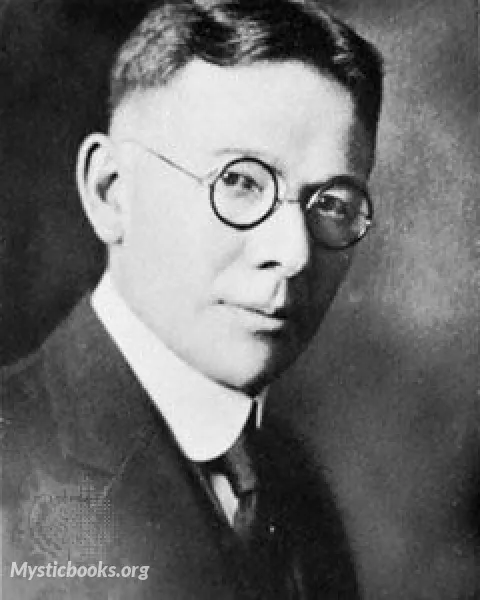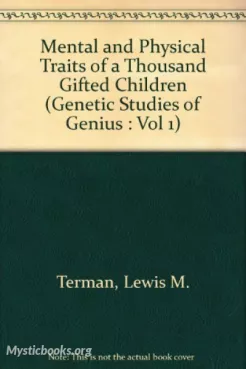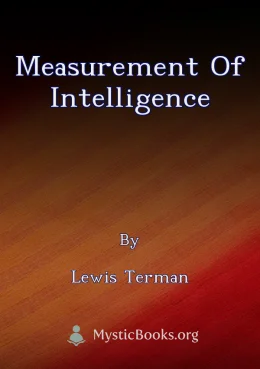
Timeline
Title
Country/Nationality
Lewis Terman
Lewis Madison Terman (1877-1956) was a renowned American psychologist and educational researcher, best known for his pioneering work in intelligence testing and for his influential studies of gifted children. Terman was a prolific author and his books on intelligence testing and education continue to be widely read and cited today.
Terman was born in Johnson County, Indiana, in 1877, and grew up in the small town of Crawfordsville. He received his undergraduate degree from Central Normal College in Danville, Indiana, and went on to earn his Ph.D. in psychology from Clark University in 1905.
Terman's early work focused on individual differences in mental ability, and he was one of the pioneers in the development of intelligence tests. In 1916, he published the Stanford-Binet Intelligence Scale, which became one of the most widely used intelligence tests in the United States. Terman's work on intelligence testing helped to establish psychology as a scientific discipline and to shape the field of educational psychology.
Terman is perhaps best known for his studies of gifted children, which began in the 1920s and continued for more than 20 years. He identified a group of intellectually gifted children, whom he called the "Termites," and followed their development over time. Terman's research challenged the prevailing view that gifted children were socially and emotionally maladjusted, and instead showed that they tended to be well-adjusted and successful in their adult lives.
Terman's philosophy emphasized the importance of education and intelligence in shaping individual success. He believed that intelligence was largely inherited, but also recognized the role of environment and education in developing intellectual potential. He argued that individuals with high levels of intelligence had a responsibility to use their abilities for the betterment of society.
Terman's notable works include "The Measurement of Intelligence" (1916), "The Gifted Child" (1925), and "Genetic Studies of Genius" (1926). In addition to his research, Terman was a committed educator and administrator, serving as the chair of the psychology department at Stanford University from 1922 until his retirement in 1942.
Lewis Madison Terman died on December 21, 1956, at the age of 79. He is remembered as a pioneering figure in the fields of intelligence testing and educational psychology, and his work continues to influence researchers and educators today. Terman's legacy also includes the Terman Fellowship at Stanford University, which supports graduate students in the field of psychology.
One interesting fact about Terman is that he was an avid amateur radio operator, and held the call sign W6KBC. He also served as the president of the American Radio Relay League from 1947 to 1948, and was inducted into the National Radio Hall of Fame in 2006.
Books by Lewis Terman

Genetic Studies of Genius, Volume 1: Mental and Physical Traits of a Thousand Gifted Children
It is a detailed study of the characteristics and traits of 1,000 intellectually gifted children, known as the "Termites," whom Terman had been following since the early 1920s. In this book, Terman presents his findings on the physical, mental, and...

Measurement of Intelligence
This book, "Measurement of Intelligence," by Lewis Terman, delves into the methodology and application of the Stanford Revision of the Binet-Simon Intelligence Test. It provides a comprehensive guide for administering and interpreting the test, servi...

Intelligence of School Children
Lewis Terman's "Intelligence of School Children" is a foundational text in the field of educational psychology. It explores the concept of individual differences in intelligence among school-aged children. Terman, a pioneer in the field of intelligen...

Intelligence Tests and School Reorganisation
This book, edited by Lewis Terman, explores the potential of intelligence testing and its application in reorganizing American schools to create a more efficient and effective educational system. It delves into the challenges and opportunities of tai...